
Say what you will about Capcom's attempts to make Resident Evil multiplayer work, but you have to admire the publisher's persistence. After taking its first stab at cooperative survival horror back in 2003, the company has never abandoned the concept completely. And that's in spite of some truly dreary attempts in the years since Resident Evil Outbreak first outlined a model that could prove to be sustainable in the modern era.
Resident Evil multiplayer games have suffered in the same way that many of the mainline entries did in the seventh console generation – attempting to follow trends rather than set them. The series' ill-advised flirtation with tactical-based military shooters hasn't looked any more sensible with time, and the less said about Operation Raccoon City and Umbrella Corps, the better. Resident Evil is a lot of things, but a game oriented around gunplay it is not.
You have to imagine that Capcom would be better served honing in on what it knows Resident Evil is successful at: pressuring all who enter the survival horror to survive it with a smile through gritted teeth. We know that scares aren't restricted to solo experiences, as proven by Capcom's more tempered experiments in the online space. Resident Evil 5 and Revelations 2 were built around cooperation, playing better with a friend by your side than without one. Even Resident Evil 6, for all of its excess, was more enjoyable when experienced in a cooperative configuration.
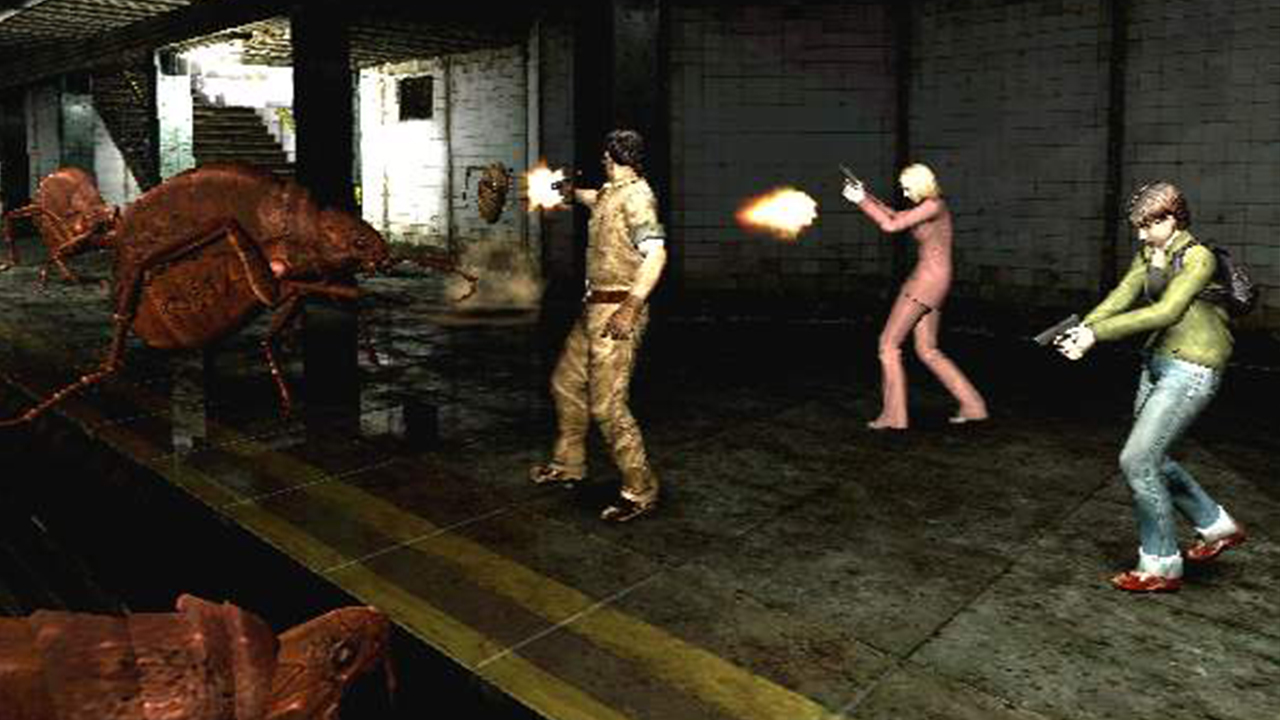
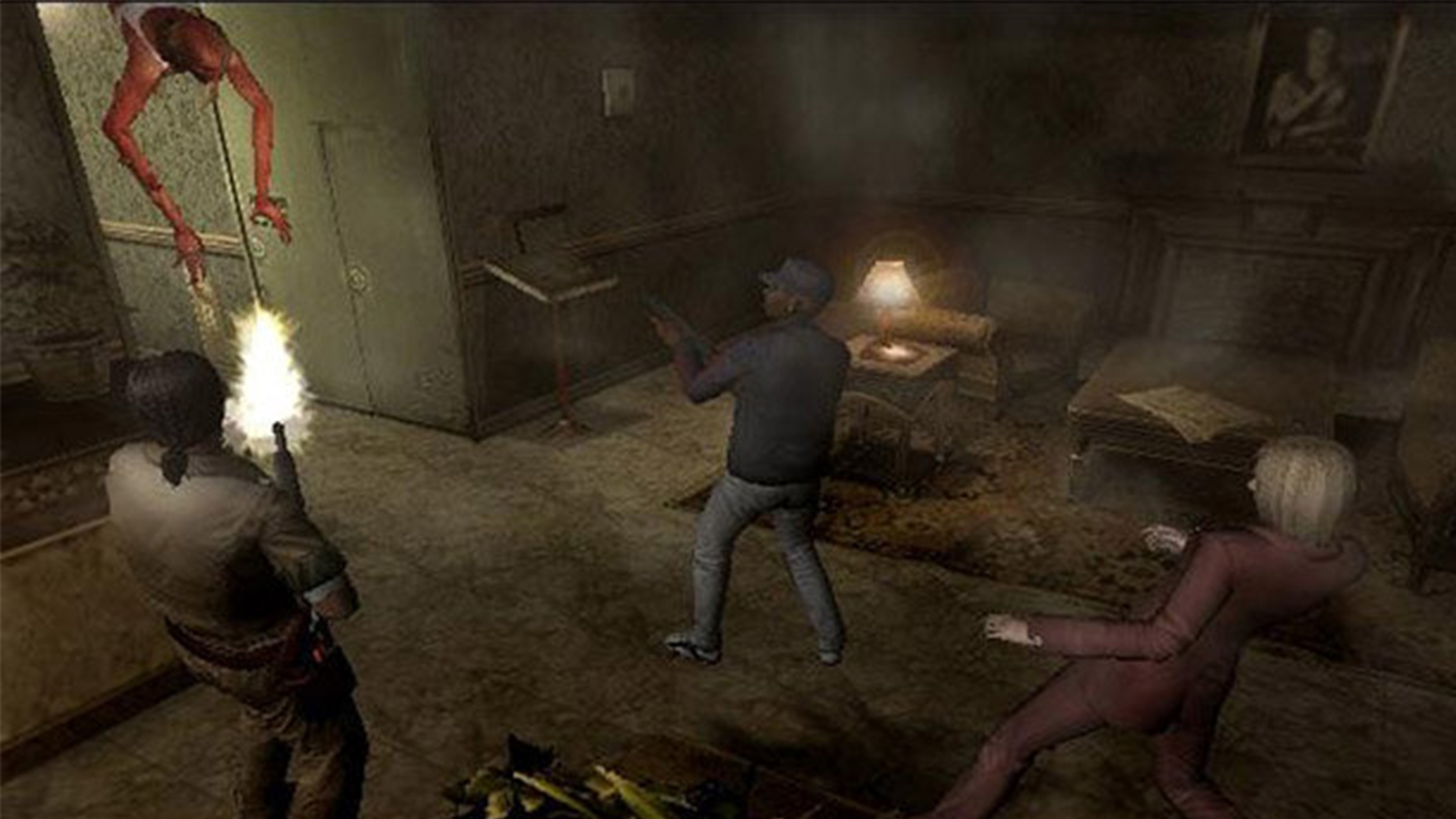
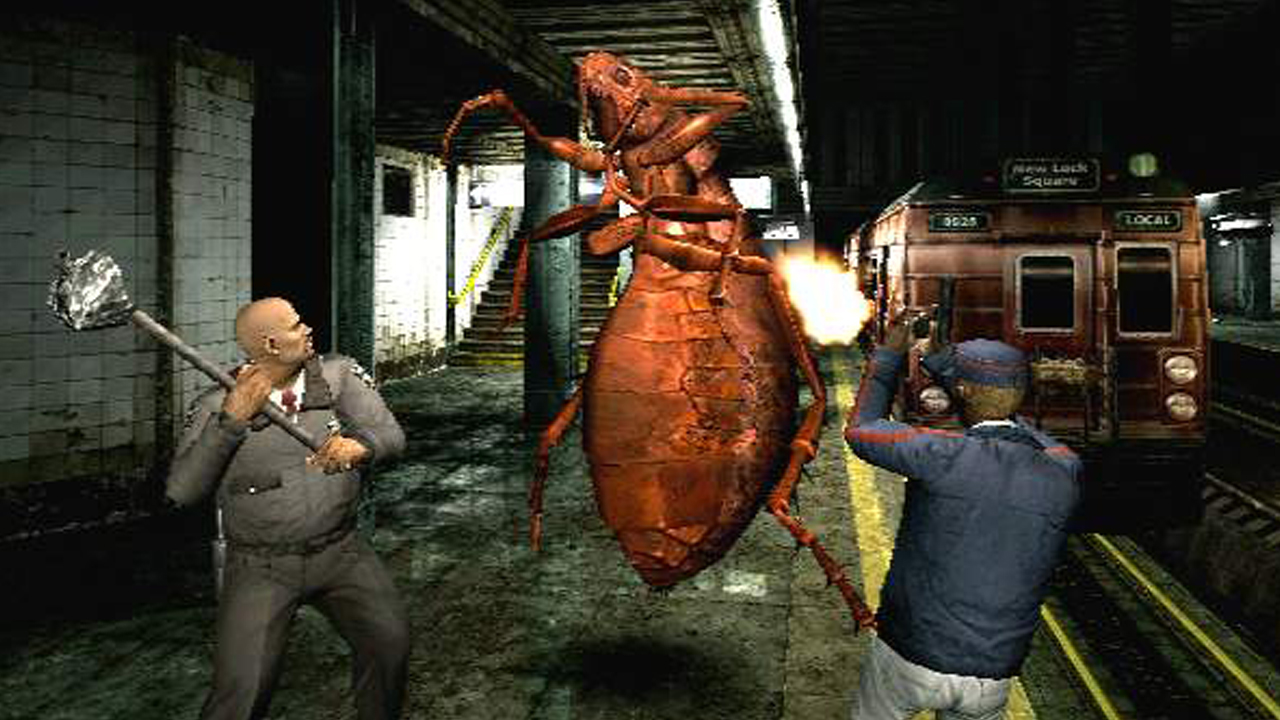
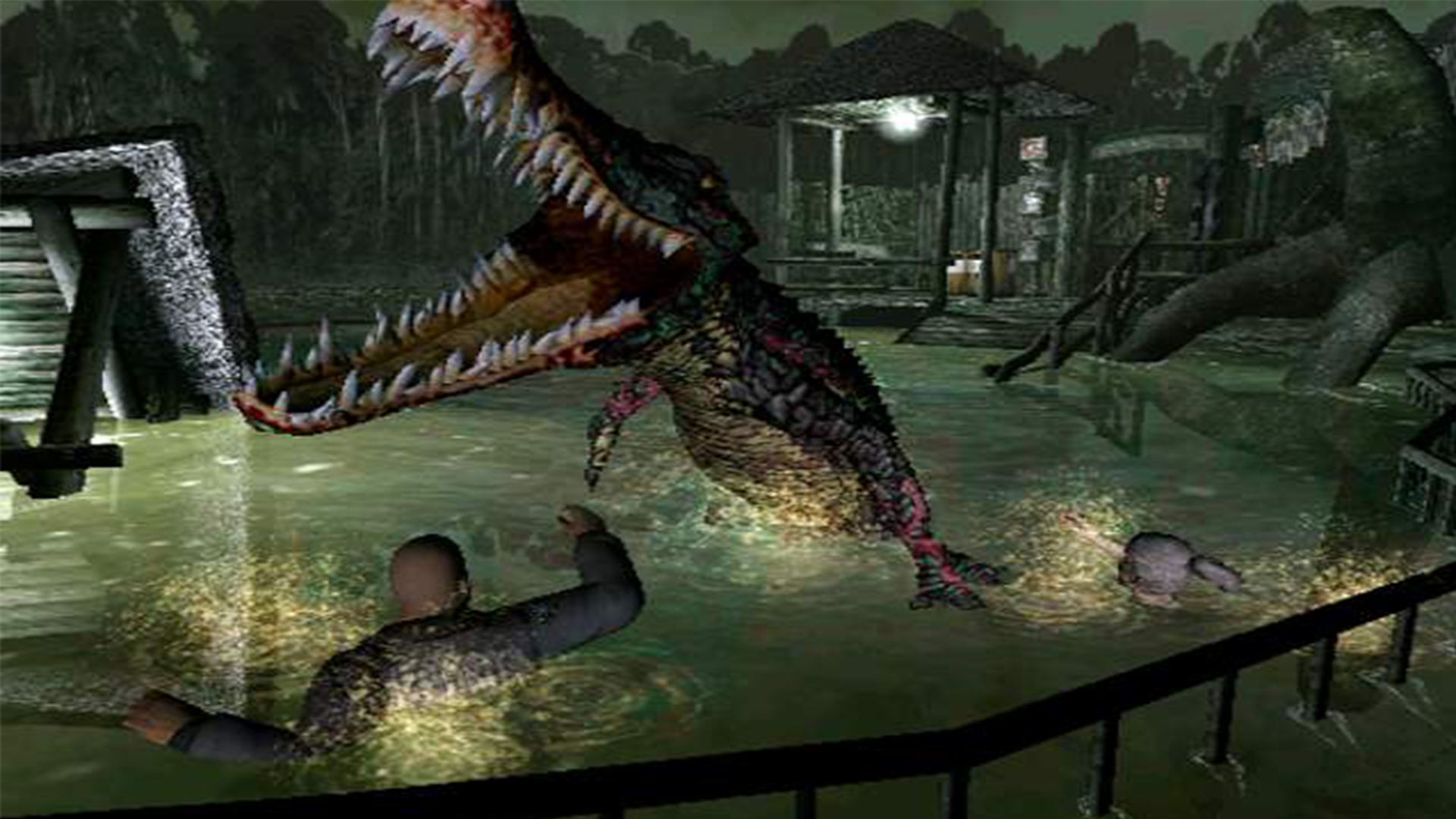
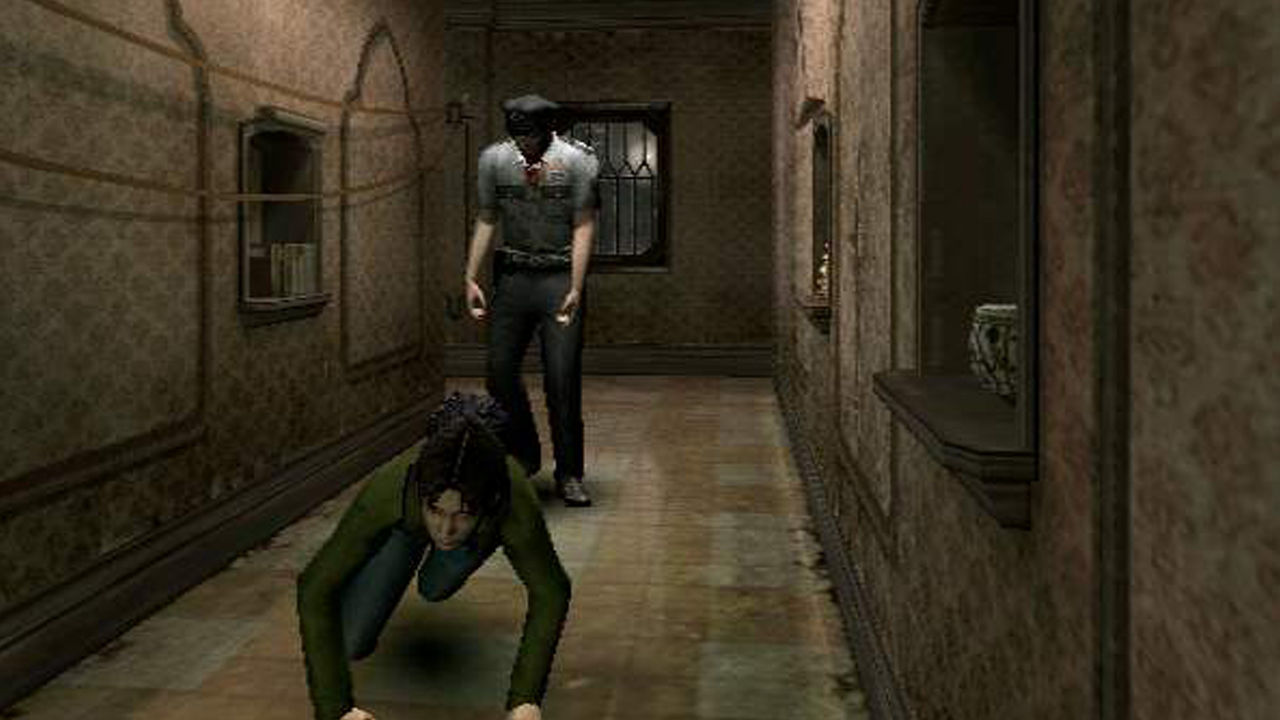
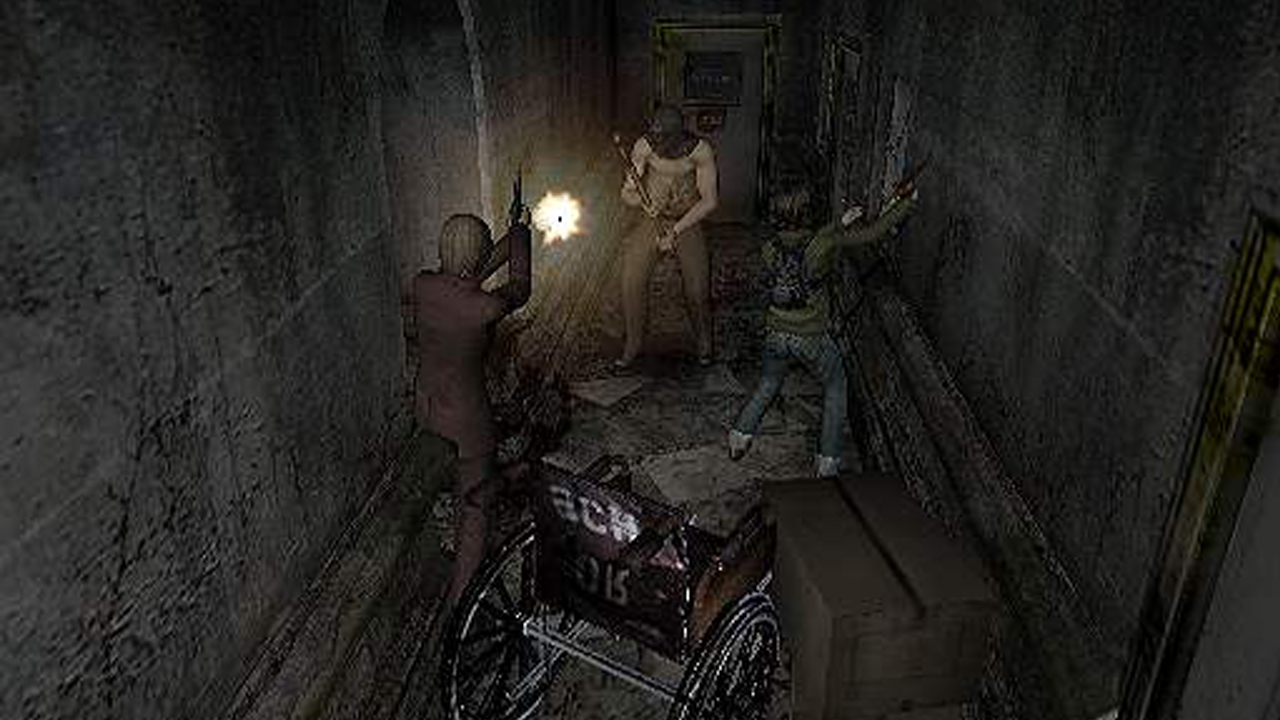
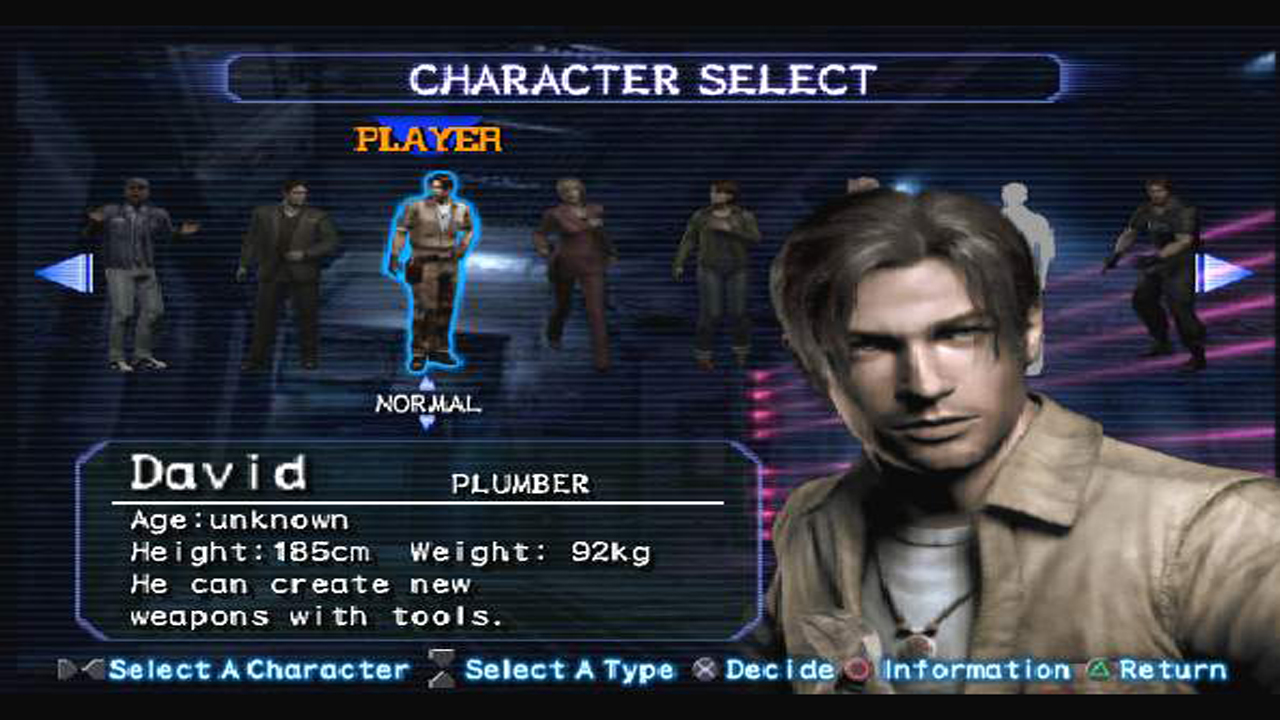
"In an era where multiplayer is more important than ever before, it's surprising that the Outbreak brand hasn't been resurrected"
In an era where multiplayer is more important than ever before, it's surprising that the Outbreak brand hasn't been resurrected, or treated to a Resident Evil 2 style reimagining. The concept for an online co-op-focused Resident Evil emerged during a period of experimentation at Capcom, as it worked to develop network-focused experiences for the PS2 – an initiative that ultimately delivered the first iteration of Monster Hunter. Outbreak took four players through five narrative-driven scenarios, letting them experience the earliest days of the T-Virus infection in Raccoon City as one of eight ordinary people swept up in the chaos; reporters, plumbers, surgeons, public servants, and security guards, rather than agents with the S.T.A.R.S. emblem embroidered into their uniforms. Better yet, the cast's everyday qualities are keenly reflected in the (somewhat) unique weapons and attributes that each can equip.
The 2003 release was under-appreciated, and it underperformed – shifting an estimated 1.45 million units, far fewer than the Resident Evil games arriving on GameCube at the time – but Outbreak is a victim of circumstance more so than anything else. While you could play through the game in single-player, its unique systems and compartmentalized structure thrived in a cooperative environment. Sadly, it landed at a time where online multiplayer was considered a luxury enjoyed by few, rather than a central component of the console gaming infrastructure as it is today. Speaking from experience, getting your PS2 online was far more complicated and finicky than it was to get an Xbox or GameCube connected.
Outbreak's feature set reflected that, arriving with no voice chat support (making basic communication difficult and solving puzzles even harder), while online functionality wasn't even supported for the initial European release. But when it worked, it worked. Outbreak is classic first-generation Resident Evil, albeit stretched to accommodate a group of unwitting victims. It's the sort of experience that is designed to be replayed and shared with others, and that makes more sense today than it ever did in 2003 – in the wake of similarly partitioned games like Left 4 Dead and Dead by Daylight, and the eruption of live-service co-op we've seen in the last decade.
Resident Evil Outbreak could thrive in 2021 and beyond
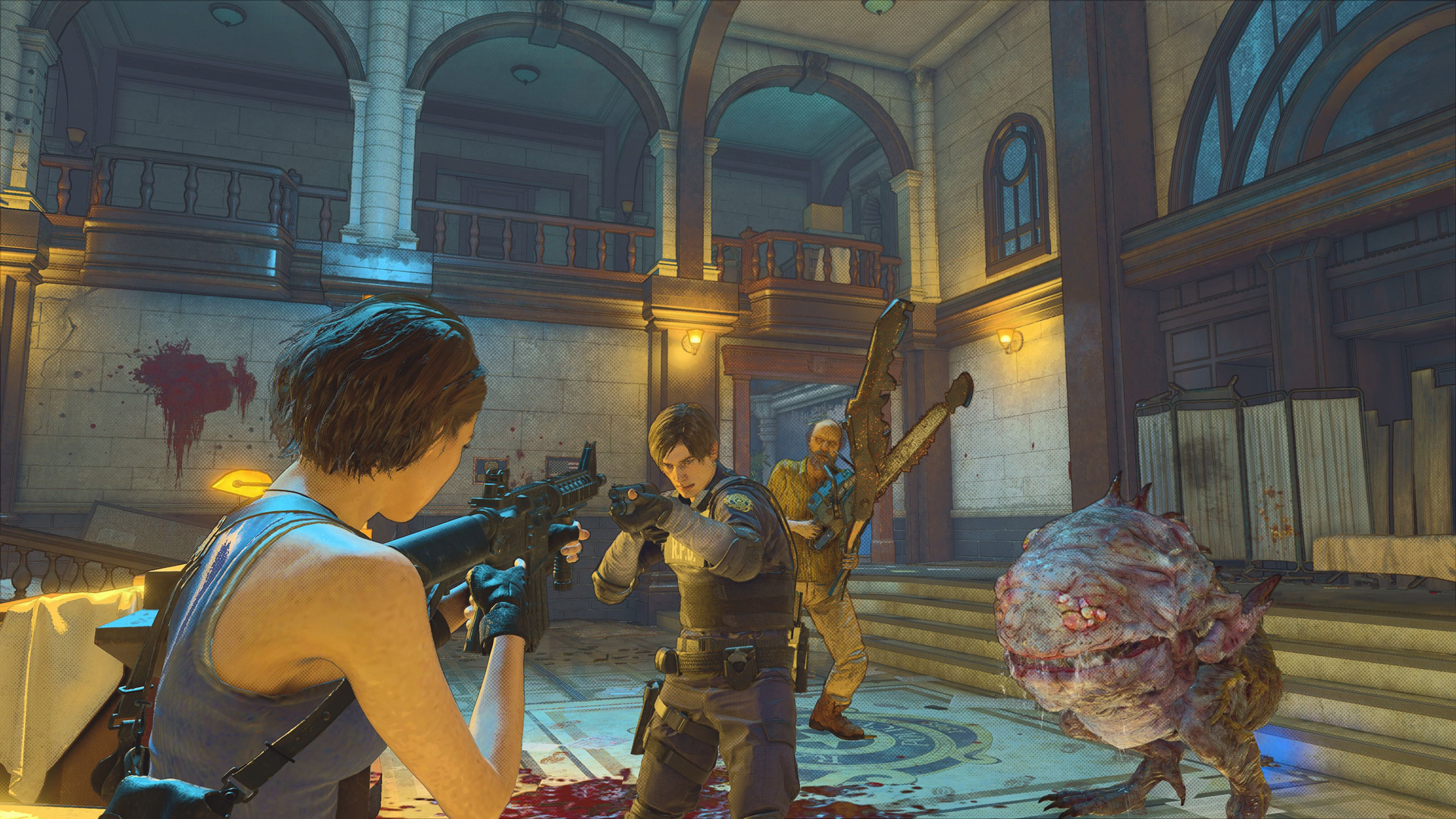
Resident Evil Outbreak could thrive in today's market. A narrative-driven experience that encourages players banding together to tour the timeline of the Resident Evil series, exploring extravagant new locations and wild new scenarios that would never make it into a full mainline title – Outbreak's one and only expansion, 2004's File #2, featured a scenario set in an infected zoo that is particularly memorable, all these years later. Limited inventory space encourages communication, while sparse ammunition and consumables fosters cooperation. And then there's the Virus Gauge mechanic that punishes individual players for taking too long in areas or getting attacked too frequently, forcing the group to complete a scenario before the T-Virus infection takes over and turns a former friend into a foe – that feels purpose-built for gaming in an age of streaming.
Weekly digests, tales from the communities you love, and more
In 2020 we received Resident Evil: Resistance, an asynchronous multiplayer game that quickly faded from view. In 2021 Re:Verse is set to launch alongside Resident Evil Village, a multiplayer shooter focused on six-player deathmatch; I fear that few lessons have been learned from the Umbrella Corps and Operation Raccoon City fiascos. Outbreak's original fixed-camera perspectives and cumbersome controls may have aged it somewhat, but its content, style, and structure is scarily close to how modern co-op games function today. Capcom shouldn't give up on Resident Evil multiplayer games, but it should consider reinvesting in the cooperative, narrative-driven focus that has served it so well in the past. Resuscitating Outbreak could be exactly what Resident Evil multiplayer needs, and give the series a new avenue for experimentation and expansion long into the future.
Want to learn more about the history of Resident Evil? Then you'll want to check out our Ultimate Guide to the Resident Evil games.

Josh West is the Editor-in-Chief of GamesRadar+. He has over 15 years experience in online and print journalism, and holds a BA (Hons) in Journalism and Feature Writing. Prior to starting his current position, Josh has served as GR+'s Features Editor and Deputy Editor of games™ magazine, and has freelanced for numerous publications including 3D Artist, Edge magazine, iCreate, Metal Hammer, Play, Retro Gamer, and SFX. Additionally, he has appeared on the BBC and ITV to provide expert comment, written for Scholastic books, edited a book for Hachette, and worked as the Assistant Producer of the Future Games Show. In his spare time, Josh likes to play bass guitar and video games. Years ago, he was in a few movies and TV shows that you've definitely seen but will never be able to spot him in.



